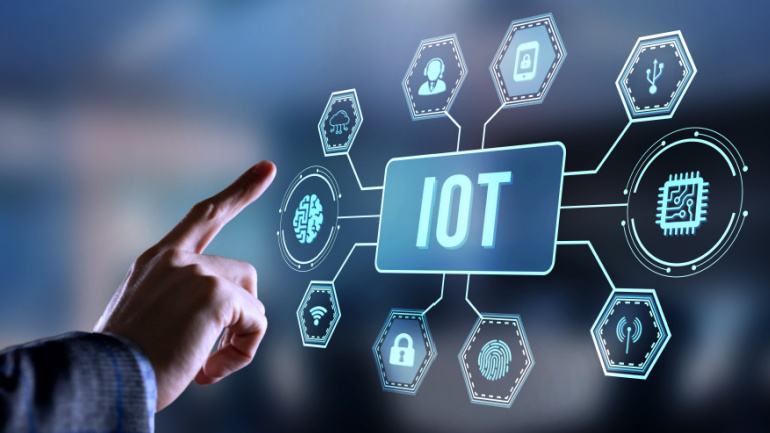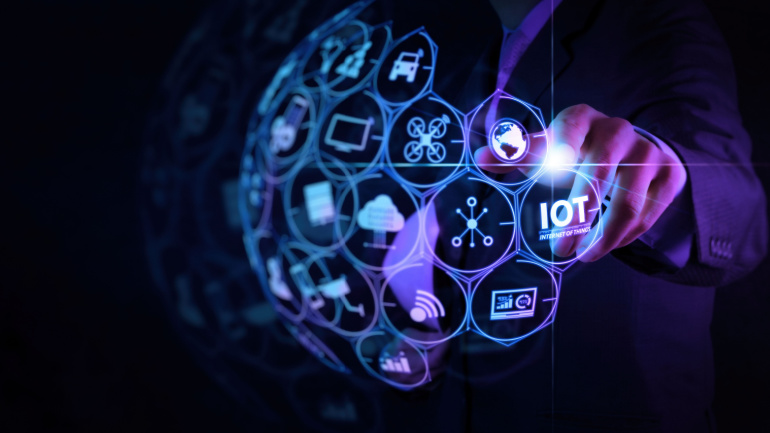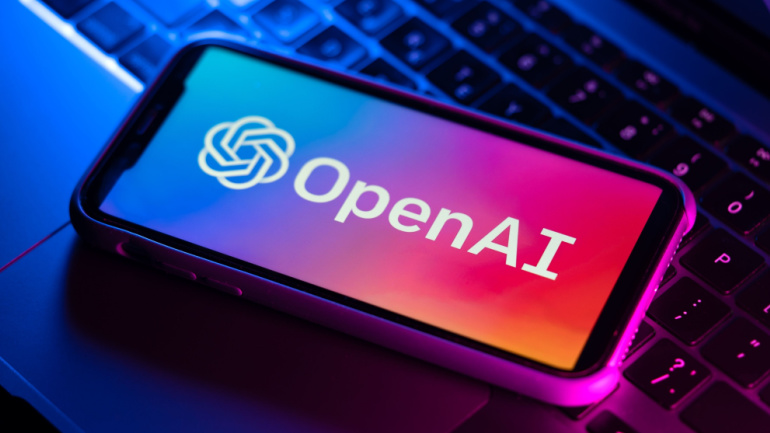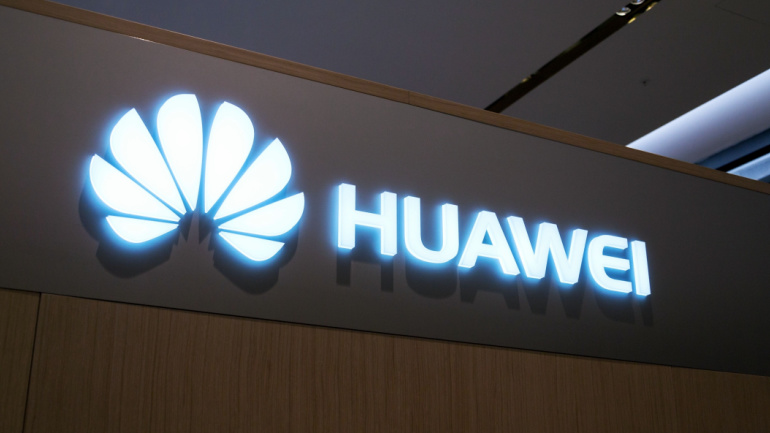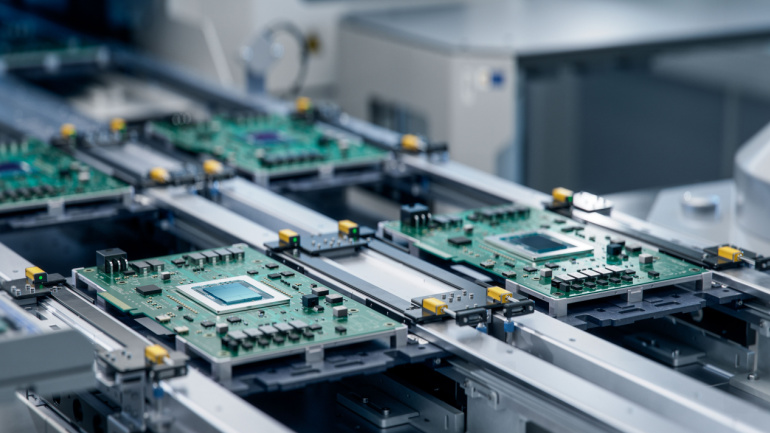CUJO AI, a herald in cybersecurity and device identification, foresees growth in catering to Matter and Thread devices. As IoT devices multiply in consumer homes, demand for advanced security solutions escalates. The move to Matter and Thread is seen as a valuable advancement towards CUJO AI’s goal of enhancing ISP security.
Ericsson, Vodafone, and Qualcomm Technologies recently pioneered data transmission via RedCap on a European network for the first time, unlocking a more streamlined, efficient mode of connectivity for IoT and other devices. Tested on Vodafone Spain’s 5G platform, the Ericsson’s RedCap technology enhances connectivity potential while providing economic and efficient data transmission. Furthermore, the demonstration introduced a new technology, New Radio Light, for extending battery life of customer devices.
Nokia, the renowned network equipment manufacturer, recently joined the Ultra Ethernet Consortium (UEC). Anchored by the Linux Foundation, the UEC fortifies Ethernet technologies to satisfy the escalating requirements of AI and high-performance computing. With members such as AMD, Cisco, and Microsoft, the consortium seeks to equip Ethernet with more advanced networking functions, while maintaining its simplicity and affordability.
Artificial intelligence pioneer, OpenAI has reversed its decision to dismiss its CEO, amidst signals of internal unrest and potential alliance with Microsoft. While OpenAI’s reinstatement of Sam Altman hints at a desire for stability, speculation abounds around Microsoft’s role and possible influence over OpenAI’s trajectory.
The 2023 Asian Games offered a glimpse into the future of event tech, from eSports to AI-driven systems. Among the innovations, a standout was ‘RADICAL’, an intelligent digital solution by Huawei and China Mobile Zhejiang, designed to manage intense 5G traffic, ensuring an exceptional experience for attendees.
IDC predicts a promising future for the semiconductor industry, driven by AI advancements and a stock level recovery. With a refreshed outlook signaling sustainable growth, the firm anticipates global chip revenue of $526.5 billion in 2023. Progress can be seen in the revised revenue forecast for 2024, hinting at a 20.2% year-on-year growth to $633 billion.
Gartner forecasts a huge 20.4% increase in public cloud services expenditure by 2024, hitting an astounding $679 billion. This surge in spending could be primarily driven by business needs and innovative technologies like generative AI. Interestingly, all cloud market segments Gartner monitors are set to grow, with Infrastructure-as-a-service (IaaS) leading the pack at 26.6%. That said, as the cloud market evolves in response to business outcomes, non-technical issues such as cost, privacy, and sustainability are crucial considerations for an effective GenAI deployment.
In a sharp escalation of theft incidents, Philippines operator Globe reported a loss of 834 backup batteries from their network facilities in 2022’s first half. This, they outline, puts localities at risk of service interruptions during power cuts. This surge may be associated with the modern, high-value sodium nickel batteries introduced by Globe. However, it’s more likely tied to the nation’s steep energy prices and increased cost of living. In the face of these challenges, telco operators must devise robust security measures while continuing to innovate on environmental fronts.
The allure of AI technology and its insatiable demand for data is sparking a new interest in fibre backbones. However, this digital evolution is revealing a myriad of challenges for newcomers, with the fibre industry grappling with economic pressures from inflation, supply chain disruptions and rising interest rates. While the European Union’s telecom mergers & acquisitions policy may offer consolidation opportunities, those venturing into this dynamic sector must be prepared for a landscape fraught with potent risk and complexity.
Just under a year ago, the tech world buzzed with anticipation over a new partnership between chip mogul Qualcomm and satellite firm Iridium. The aim? Integrating satellite-to-phone services via Snapdragon Satellite and Iridium’s resources. However, a recent shift in direction caught the industry’s attention. Despite a successful demo, smartphone manufacturers didn’t opt to incorporate this feature, leading Qualcomm to end the agreement. Yet, in the face of disappointment, Iridium remains optimistic, envisaging an industry veering towards greater satellite connectivity. As earthquakes ripple across the telecoms landscape, all eyes await what’s next.



